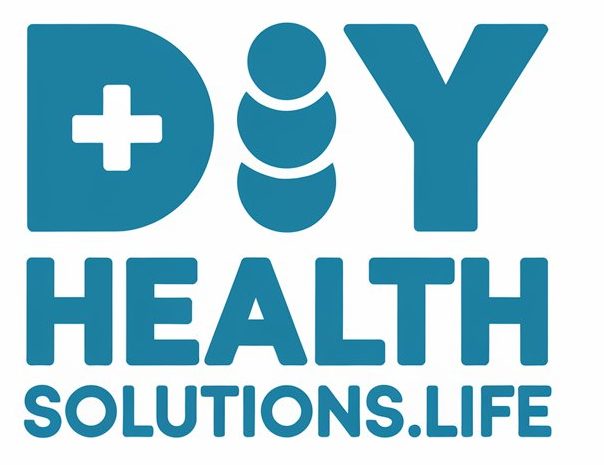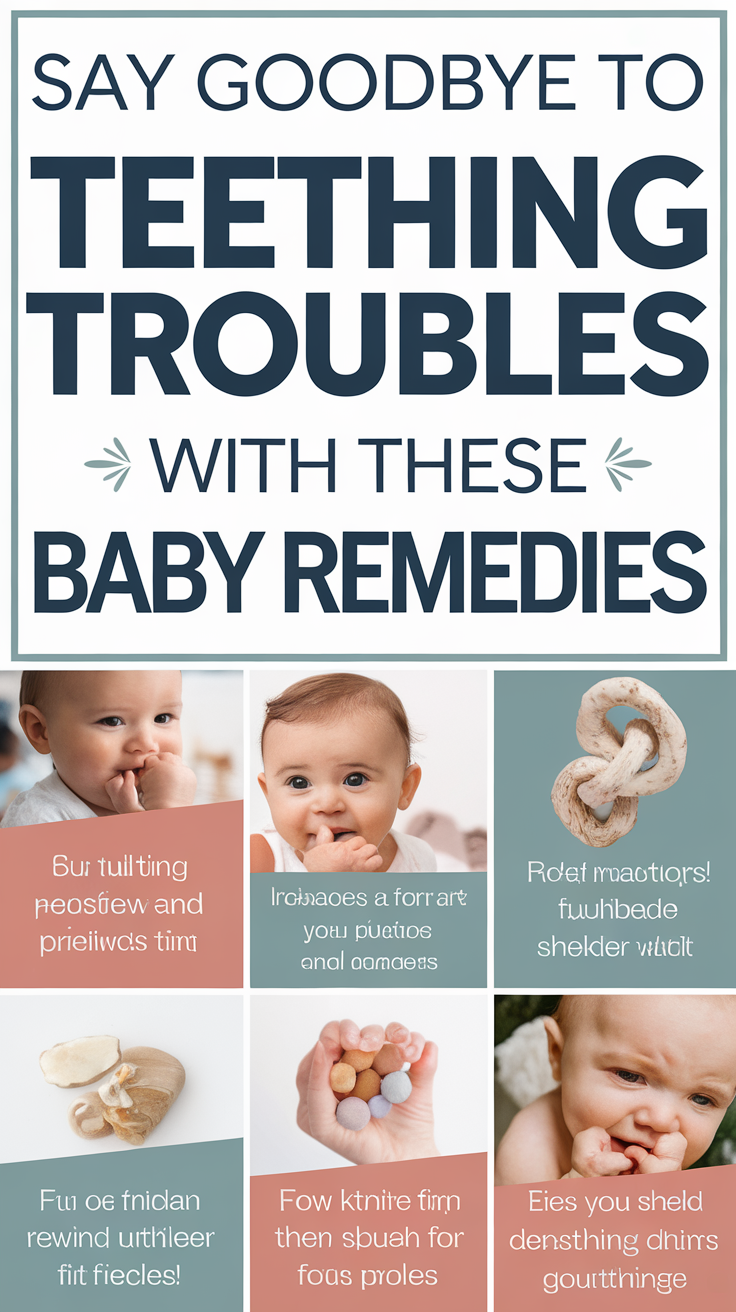Cold Remedies That Will Have You Back on Your Feet
To bounce back from a cold, focus on hydration and nutrition. Drink plenty of water and herbal teas like ginger or peppermint to soothe symptoms. Honey and lemon in warm water can relieve sore throats, while saltwater gargles ease throat irritation. Over-the-counter pain relievers, such as acetaminophen or ibuprofen, help reduce fever and discomfort. Don’t forget the power of rest; your body needs it to recover. If your symptoms linger or worsen, it might be time to reach out to a healthcare professional. Keep going—there’s more to discover about effective remedies to speed up your recovery.
Key Takeaways
- Stay hydrated with water and herbal teas to thin mucus and support recovery from cold symptoms.
- Incorporate nutritious foods rich in vitamins and minerals to boost your immune system.
- Use natural remedies like honey and lemon in warm water to soothe sore throats and coughs.
- Over-the-counter pain relievers like acetaminophen can help reduce fever and alleviate discomfort.
- Rest and sleep are essential for recovery, allowing your body to heal effectively.
Hydration and Its Importance
When you catch a cold, staying hydrated is fundamental for your recovery. Hydration benefits your body in many ways, especially when fighting off illness. Water helps thin mucus, making it easier to expel, which can relieve congestion and improve your breathing. Additionally, proper hydration supports your immune system, allowing it to function effectively as it battles the virus.
It’s not just about drinking plain water, though. You need to maintain your electrolyte balance, too. Electrolytes like sodium, potassium, and magnesium play an important role in cellular function and fluid balance. When you’re sick, you may lose electrolytes through sweat or fever, so replenishing them is essential.
Consider drinking electrolyte-rich beverages, like coconut water or sports drinks, to restore these important minerals.
Incorporating herbal teas can also help you stay hydrated while providing soothing effects for your throat. Remember, your body needs more fluids than usual when you’re under the weather, so keep a water bottle nearby and sip throughout the day.
Herbal Remedies to Try
Exploring herbal remedies can be an effective way to alleviate cold symptoms and support your recovery. One popular option is herbal teas, which not only hydrate you but also provide soothing relief.
Consider sipping on ginger tea, known for its anti-inflammatory properties, or chamomile tea, which can help you relax and sleep better. Peppermint tea is also excellent for clearing nasal passages and easing throat discomfort.
In addition to herbal teas, essential oils can play a significant role in your cold recovery. Eucalyptus oil, for instance, is well-regarded for its ability to open up airways and promote easier breathing.
Simply add a few drops to a diffuser or mix it with a carrier oil for a soothing chest rub. Lavender oil can help you unwind and improve sleep quality, while tea tree oil offers antibacterial benefits that can support your immune system.
Over-the-Counter Solutions
When you’re feeling under the weather, over-the-counter solutions can provide quick relief.
Pain relievers and antihistamines can help ease your symptoms, while decongestants and cough syrups tackle those pesky nasal and throat issues.
Knowing which products to reach for will make your recovery smoother and more comfortable.
Pain Relievers and Antihistamines
For those battling the discomfort of a cold, over-the-counter pain relievers and antihistamines offer effective solutions to ease your symptoms.
These medications can help with pain management, reducing headaches, body aches, and fever, while antihistamines provide allergy relief from sneezing and a runny nose.
Here are four popular options to evaluate:
-
Acetaminophen (Tylenol): Great for alleviating general aches and pains, making it a go-to for fever reduction.
-
Ibuprofen (Advil, Motrin): This anti-inflammatory can help relieve pain and reduce swelling, perfect for those muscle aches.
-
Diphenhydramine (Benadryl): An effective antihistamine that combats allergy symptoms like sneezing and itching.
-
Loratadine (Claritin): A non-drowsy antihistamine, ideal for daytime use if you need to stay alert while dealing with a cold.
Always read labels and follow dosage instructions.
If your symptoms persist or worsen, don’t hesitate to consult a healthcare professional.
With the right pain relievers and antihistamines, you can feel better equipped to tackle your cold and get back to your daily life.
Decongestants and Cough Syrups
Decongestants and cough syrups play an essential role in relieving the discomfort that often accompanies a cold. When you’re battling nasal congestion, you’ll want to choose the right decongestant type. Common options include oral decongestants like pseudoephedrine and nasal sprays such as oxymetazoline. They work by narrowing blood vessels in your nasal passages, helping you breathe easier.
Cough syrups can also provide significant relief, especially if you’re dealing with a persistent cough. Look for syrups containing ingredients like diphenhydramine or dextromethorphan. Diphenhydramine acts as an antihistamine, reducing throat irritation, while dextromethorphan suppresses the cough reflex.
Be sure to read the labels carefully, as many products combine these ingredients to tackle multiple symptoms. Keep in mind that overusing decongestants, particularly nasal sprays, can lead to rebound congestion. Always follow the recommended dosages to avoid side effects.
Incorporating these over-the-counter solutions can help you get back on your feet quicker, so you can start feeling like yourself again.
Don’t forget to consult a healthcare professional if your symptoms persist or worsen.
Home Remedies That Work
Home remedies can be a powerful ally in your battle against the common cold. These remedies often utilize natural ingredients that have stood the test of time.
When you’re feeling under the weather, effective combinations can help ease your symptoms and speed up recovery. Here are four home remedies you can try:
-
Honey and Lemon: Mix a tablespoon of honey with the juice of half a lemon in warm water. This soothing drink can help relieve your sore throat and cough.
-
Ginger Tea: Boil fresh ginger slices in water for 10 minutes. This tea can help reduce inflammation and congestion, making it easier to breathe.
-
Saltwater Gargle: Dissolve half a teaspoon of salt in warm water and gargle several times a day. This can help reduce throat irritation and kill bacteria.
-
Steam Inhalation: Inhale steam from a bowl of hot water, adding a few drops of eucalyptus oil. This can help clear nasal passages and ease breathing.
These remedies can provide comfort and relief, allowing you to tackle that cold head-on!
Rest and Recovery Tips
When you’re battling a cold, prioritizing rest can make a significant difference in how quickly you recover. Verify you’re getting quality sleep by practicing good sleep hygiene. This means creating a comfortable sleeping environment—keep your room dark, cool, and quiet.
Avoid screens at least an hour before bedtime, as the blue light can interfere with your ability to fall asleep.
In addition to solid sleep habits, incorporate relaxation techniques into your routine. Deep breathing exercises, meditation, or gentle yoga can help ease tension and promote a sense of calm, making it easier for you to drift off.
If you’re feeling congested, consider using a humidifier to keep the air moist, which can aid your breathing and lead to a more restful night.
Don’t forget to listen to your body. If you’re feeling fatigued during the day, it’s perfectly okay to take short naps. Just be mindful not to nap too long, as this can disrupt your nighttime sleep.
When to See a Doctor
If your cold symptoms stick around longer than a week, it’s time to contemplate seeing a doctor.
Additionally, if you experience severe breathing difficulties, don’t hesitate to seek medical attention.
Knowing when to reach out for help can guarantee you get the care you need.
Persistent Symptoms Duration
Experiencing a cold can be frustrating, especially when symptoms linger longer than expected.
While most colds resolve within a week or two, persistent symptoms can signal that it’s time to seek medical advice. Knowing when to consult a healthcare professional can help you stay on track with your recovery timeline.
Consider reaching out to a doctor if you notice any of the following:
-
Symptoms Lasting Over 10 Days: If your symptoms don’t improve after a week, it’s worth getting checked out.
-
Worsening Symptoms: If you initially felt better but then took a turn for the worse, don’t hesitate to call.
-
High Fever: A fever over 101.5°F (38.6°C) that lasts more than three days may indicate a more serious infection.
-
Severe Headache or Sinus Pain: Intense pain could suggest a sinus infection or other complications.
Severe Breathing Difficulties
Severe breathing difficulties can be alarming and may indicate a serious underlying condition. If you experience shortness of breath, wheezing, or a tight feeling in your chest, it’s essential to seek medical attention immediately. These symptoms could signal an exacerbation of asthma or another respiratory issue that requires professional evaluation.
While you wait for help, practicing breathing exercises may provide some relief. Techniques like diaphragmatic breathing can help you stabilize your breath and reduce anxiety. However, don’t rely solely on these exercises if your symptoms worsen or don’t improve.
Asthma management is important, especially if you have a history of asthma or allergies. If you notice that your usual inhaler isn’t working effectively, it’s time to consult your doctor. They can assess your condition and may adjust your treatment plan accordingly.
Frequently Asked Questions
Can I Exercise While Recovering From a Cold?
You can exercise while recovering from a cold, but keep the intensity low. If your cold symptoms are mild, light activities like walking or stretching can help, but listen to your body and rest as needed.
Are There Specific Foods That Help With Cold Recovery?
When you’re recovering from a cold, think vibrant fruits, hearty soups, and nutrient-rich vegetables. Immune-boosting foods like citrus and garlic enhance your health, while hydration’s importance guarantees your body fights off illness effectively.
How Long Does a Typical Cold Last?
A typical cold lasts about seven to ten days. You’ll experience cold symptoms peaking around day three or four, gradually easing as your body fights off the virus. Rest and hydration can support your recovery.
Can Stress Affect My Cold Symptoms?
Think of stress as a storm cloud over your immune response. It can amplify your cold symptoms, making you feel worse. Managing stress can help your body fight off illness more effectively and improve recovery.
Is It Safe to Take Cold Remedies During Pregnancy?
It’s essential to consult your doctor before taking any cold remedies during pregnancy. While some safe medications exist, you might also explore natural alternatives like honey, ginger, or saline nasal sprays for relief without risks.





